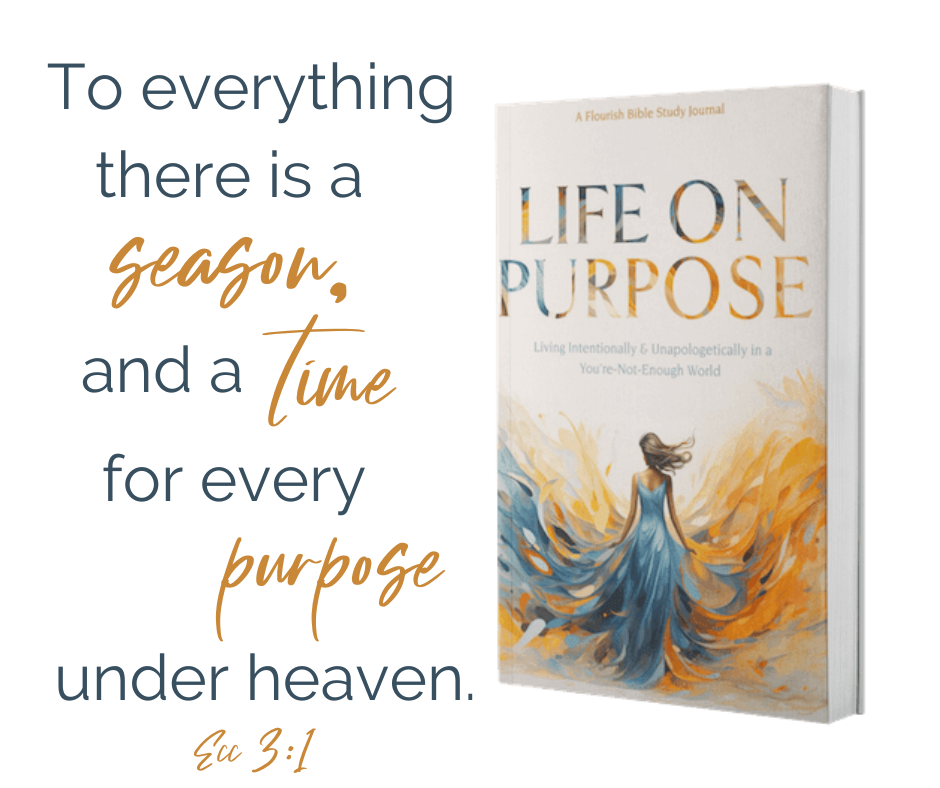“I am a worm and not a man, scorned by everyone, despised by the people.”Psalm 22:6 (NIV)
Inspiring and comforting words from the Bible . . . or what is going on here? The life of Job elicits a variety of reactions in the hearts and minds of curious seekers, from reassurance to shock or even to horror. How can one story create such disparate responses? Some people see Job’s suffering paired with God’s apparent tolerance of evil as highly discomforting. The message of the story is at best a mystery, and at worst it sows a seed of doubt — is my life held together by a good and wise God, or am I simply a pawn moved about in a cosmic chess game?
Still, others take a much more hopeful view of Job, the man from Uz. They admire that Job and his friends wrestle with God and with one another. They find reassurance in the intense wrangling: there are no quick, trite answers to life’s tough questions. Why do good people suffer? Why do young people die?
The fervent debates between Job and his friends give voice to our own questions. In the midst of suffering, platitudes can be offensive. When life is crumbling around you, shallow everything-will-be-okay comments are enough to draw out a wrathful retort of frustration. It is heartening to see the Bible present these complexities, permitting us to tangle with God and with one another in the hope that we discover the true character of the Lord and of ourselves.
Reading through Job is a journey into the heart of despair, grief, confusion, and even the agony of physical pain and death, but it also offers hope in the unchanging nature of a wise and faithful God. The account does not attempt to be an insignificant Band-Aid straddling a gaping wound. It does not offer neat, tidy answers to the perplexing questions of human anguish and loss.
The story of Job is a testament to the sustaining power of God’s Word in the face of unspeakable loss. Through crushing trails, Job remains steadfast and faithful to Jehovah. He holds fast the promises of God’s Word to sustain him physically and spiritually through the darkest days of his life, and he is able to proclaim,
“I have not departed from the commandment of his lips; I have treasured the words of his mouth more than my portion of food.” Job 23:12 (ESV)
The story is uniquely complicated because Job is a righteous and upright man. He is not the typical person that we think deserves to lose everything. Here God challenges one of our core human weaknesses: we almost compulsively compare ourselves one with another (2 Corinthians 10). This is an exercise in pride because we are hoping that in the comparison, we will come out on top.
Here’s how justification-by-comparison sounds in my thoughts: “Well, I may not be perfect, but, for goodness sake, at least I’m not as bad as her!”
How do you justify yourself?
Job reveals this justification-by-comparison trap when he calls himself blameless, but God reminds him that no one is righteous but Jehovah alone, reiterated by Paul in Romans 3. It is impossible that any of us can be justified by our own goodness. To claim so is blatant pride which sets us in opposition to God (James 4:6).
Pride tempts us to look at another and suspect that he or she did something wrong to deserve heartache, just like Job’s first three friends did to him: “You must have sinned; otherwise this would not have happened to you.” But who are we to judge? Where were we when God laid the foundations of the earth? (Job 38) Who knows the heart of a person but God Himself? (1 Corinthians 2:11)
Each one of us is in need of a Savior, no matter our position in life. Jesus died, not just for some of us, but for all of us. We are not able to save ourselves by being good enough, but that does not stop us from trying. It is rare to find our hope in God alone.
False gods tantalize us with alluring offers of gain without pain, power without submission, victory without the cross.
These idols promise freedom, but later we realize that they offer only the illusion of freedom; their goal is to take us prisoner and multiply our sorrows (Psalm 16:4). We see in Job that pride is a hidden idol which exerts a powerful influence over all humanity. Even upright people are susceptible. In fact, upright people are most susceptible (Matthew 23).
In His great kindness, the Lord will allow circumstances in our lives to help us lay down any false gods that have captured our trust, even if that god is a seemingly good thing . . . especially if that god seems like a good thing! No one and nothing is truly good but God alone (Mark 10:18). Nothing and no one in all creation can save us except our Lord Jesus Christ (Acts 4:12).
In God’s great love for Job, the Lord invites Job to recognize his own pride and self-sufficiency. Job eventually repents for believing that his goodness could save him. He is good . . . but he is also proud, and pride taints goodness, making it unacceptable to God (Proverbs 16:5, 18). There is no way that pride can bear good fruit.
When life falls apart for us, like Job, we are tempted to turn away from God: we may wish to “curse God and die!” (Job 2:9) Do not fall for this ploy of the enemy. When it seems like there is no hope, you need to grab hold of your lifeline to Jesus and not let go.
Come to the table. Feast on His Word. Nothing else will satisfy.


